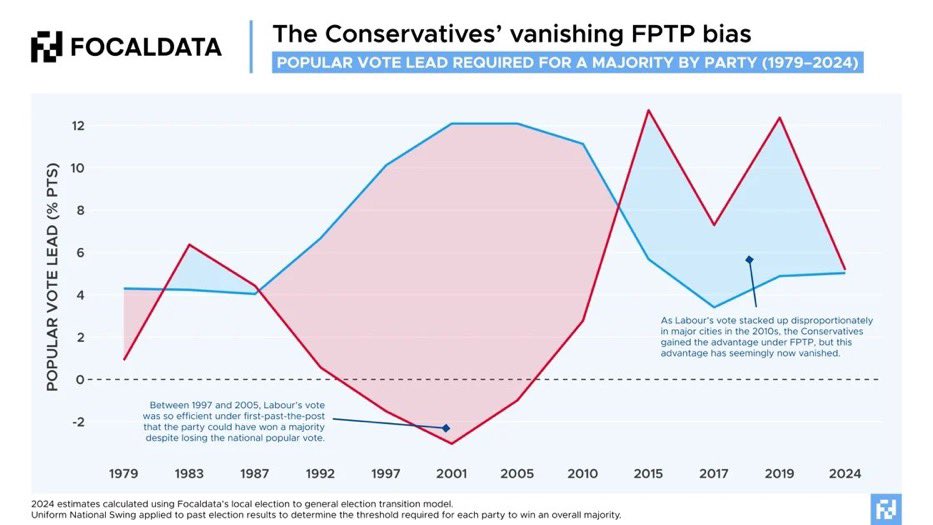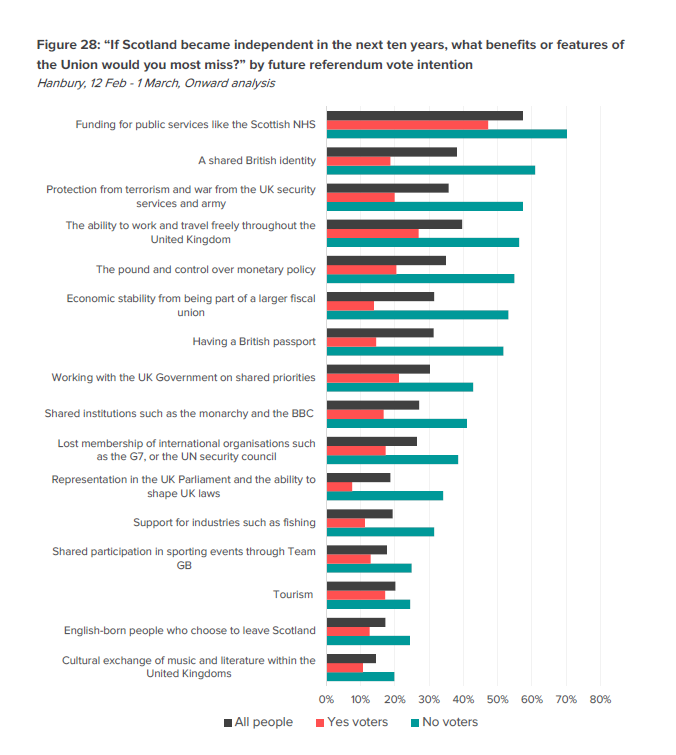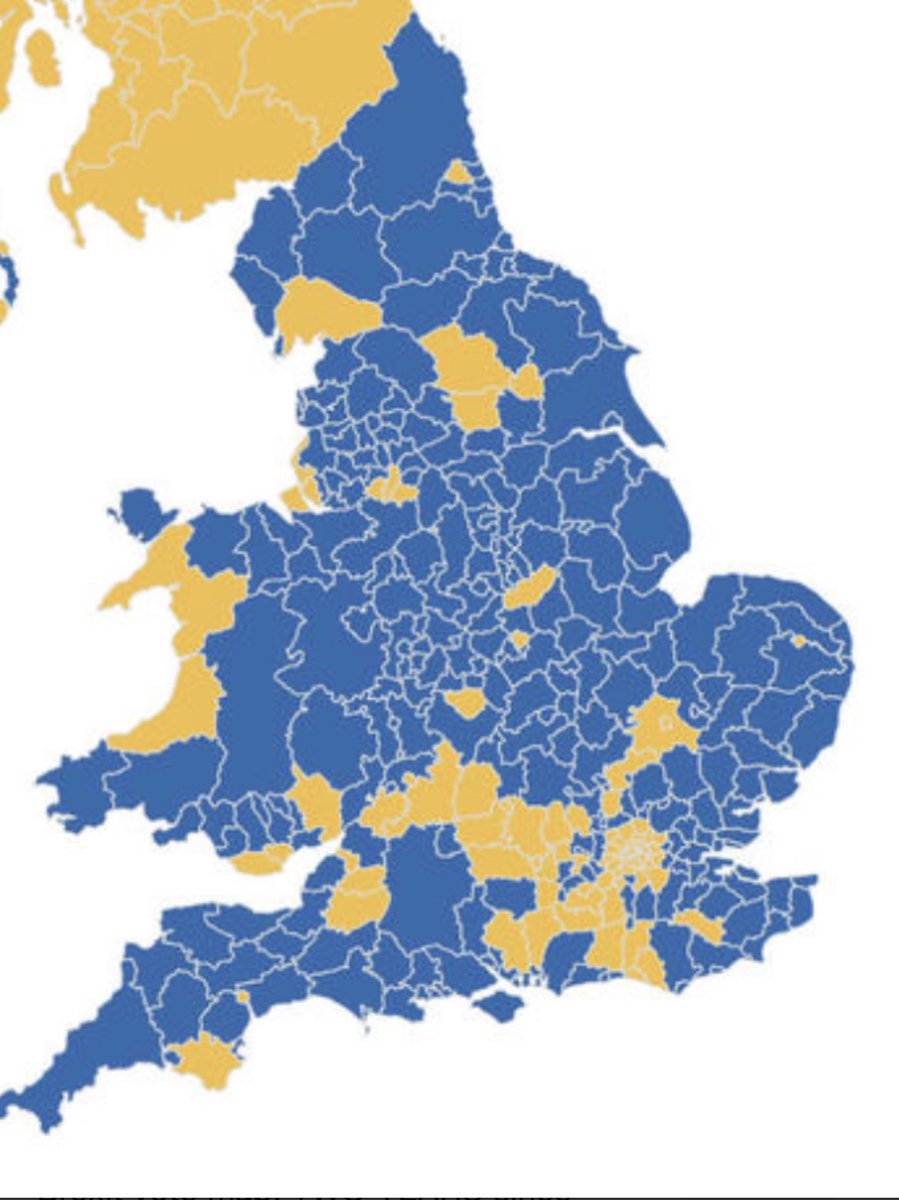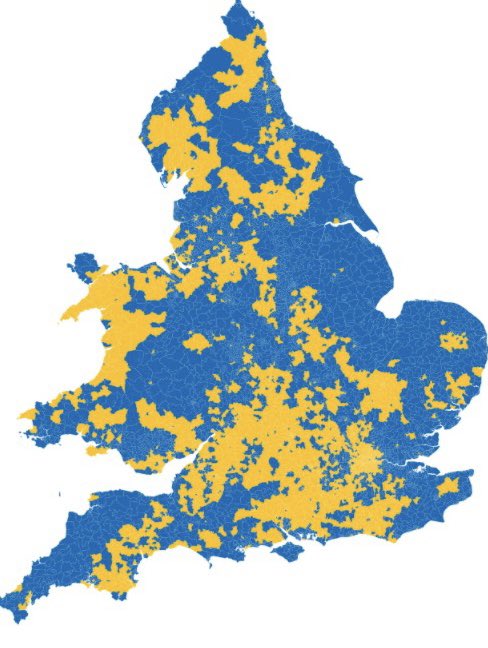
Pollster. Chief Research Officer of @focaldataHQ + Honorary Professor @UofGlasgow | Board of @ukonward and @TenebraeChoir | https://t.co/29hrpARjh5
2 subscribers
How to get URL link on X (Twitter) App




 The other thing that’s clear is that the “order” in which seats are voting conservative is going to materially change again, much more than 2017-2019.
The other thing that’s clear is that the “order” in which seats are voting conservative is going to materially change again, much more than 2017-2019. 



 Leaders can recover, maybe once or twice, but never beyond a certain point at a level of c.-40 points approval ratings. That point was definitely reached for Cameron, May, Johnson and Truss. The Johnson of 2019 has gone - and in any event he was flattered by Corbyn’s ratings
Leaders can recover, maybe once or twice, but never beyond a certain point at a level of c.-40 points approval ratings. That point was definitely reached for Cameron, May, Johnson and Truss. The Johnson of 2019 has gone - and in any event he was flattered by Corbyn’s ratings



 We can see that 200 seat Wessex is highly contested on this axis. The degree of leave dominance across the East coast is utterly remarkable. The red wall is also much more divided then a blanket leave vote, and the eradication of the liberals in West Country explained (2/3)
We can see that 200 seat Wessex is highly contested on this axis. The degree of leave dominance across the East coast is utterly remarkable. The red wall is also much more divided then a blanket leave vote, and the eradication of the liberals in West Country explained (2/3)

 This is a trend we spotted back at Populus in 2015. It's completely fascinating, and is normally obscured if polling is done by age buckets are too large and sample sizes too small unlike the poll below. (2/8)
This is a trend we spotted back at Populus in 2015. It's completely fascinating, and is normally obscured if polling is done by age buckets are too large and sample sizes too small unlike the poll below. (2/8) 



 #1 Any one of these factors would be a problem. Their combination is creating a conveyor belt towards oblivion for the party. Younger people are disproportionately BAME, and older voters white – part of the reason the age curve is dramatic is a direct ethnicity effect (2/10)
#1 Any one of these factors would be a problem. Their combination is creating a conveyor belt towards oblivion for the party. Younger people are disproportionately BAME, and older voters white – part of the reason the age curve is dramatic is a direct ethnicity effect (2/10) 


